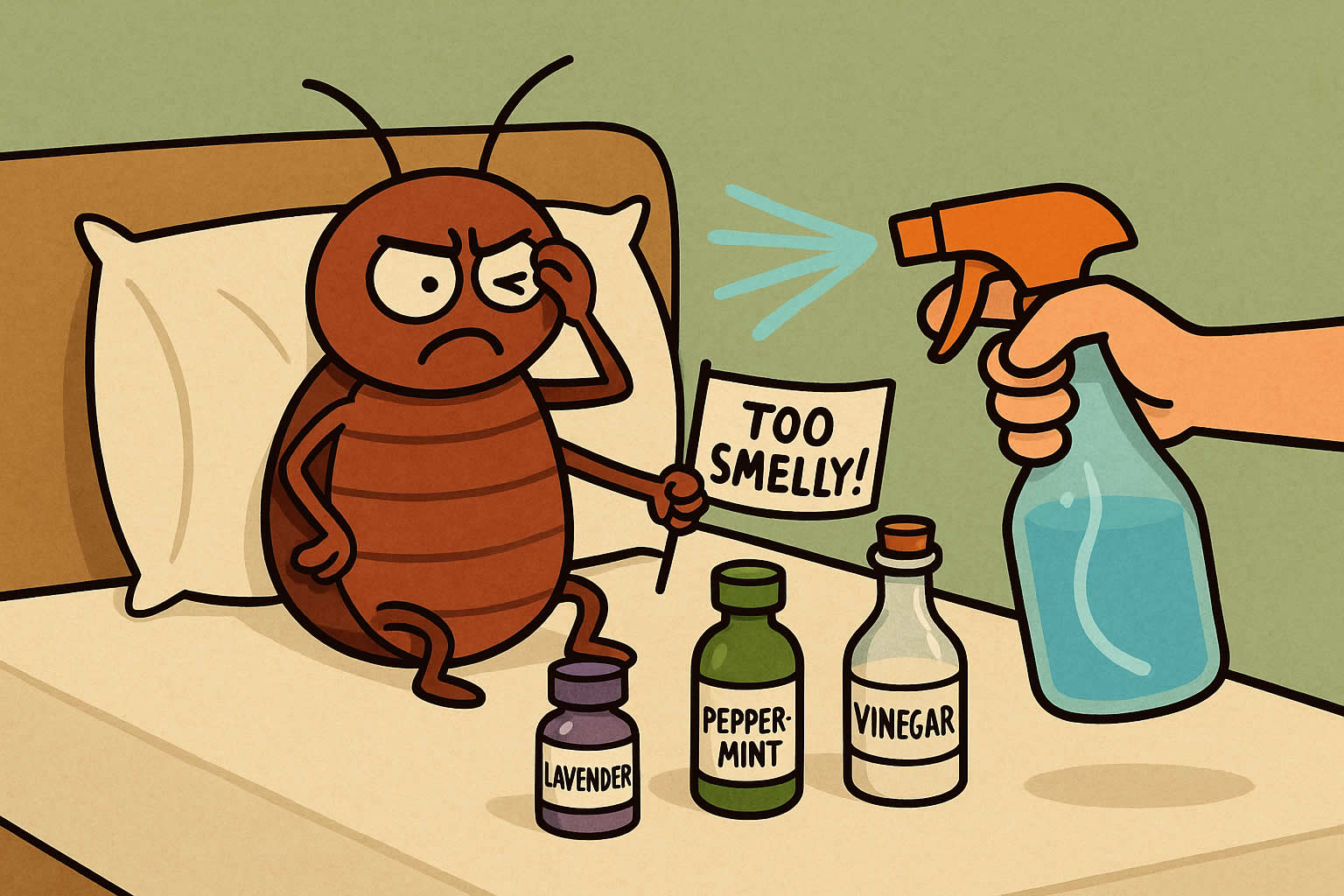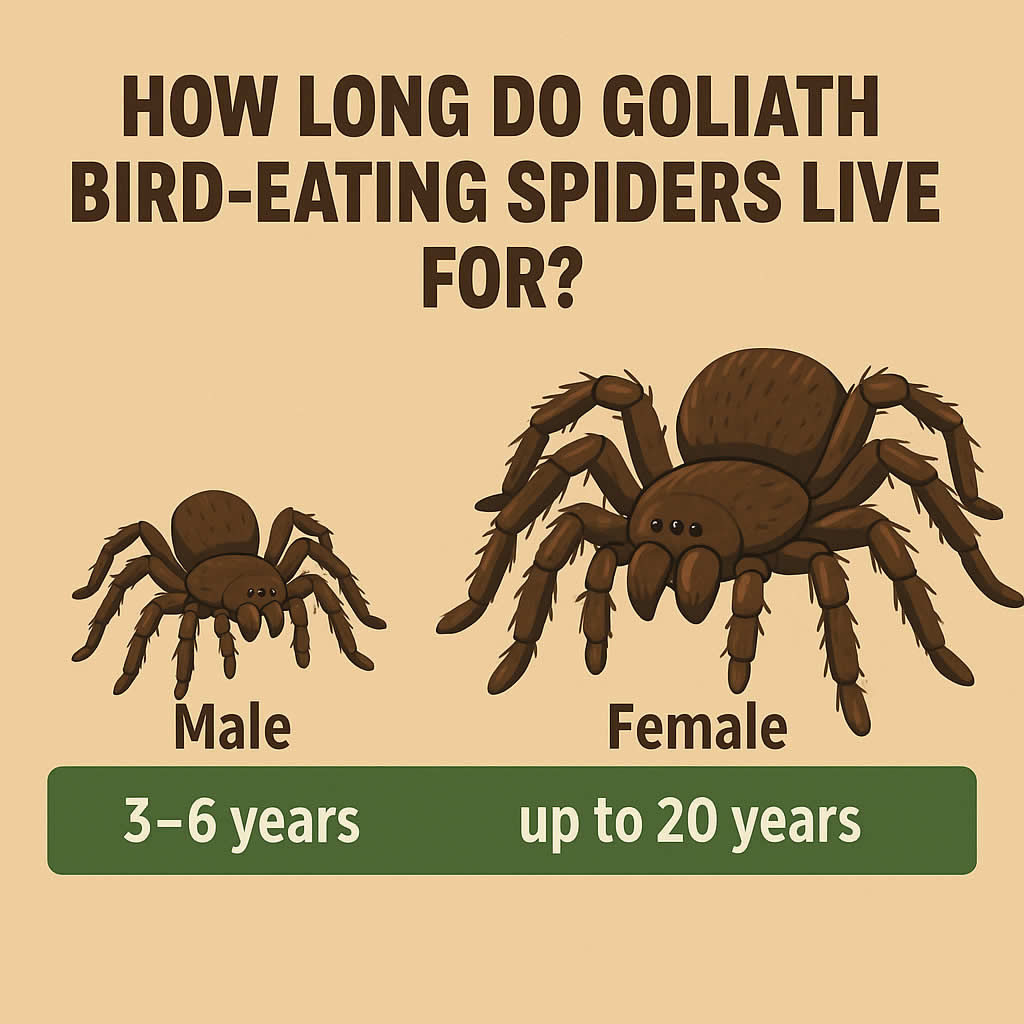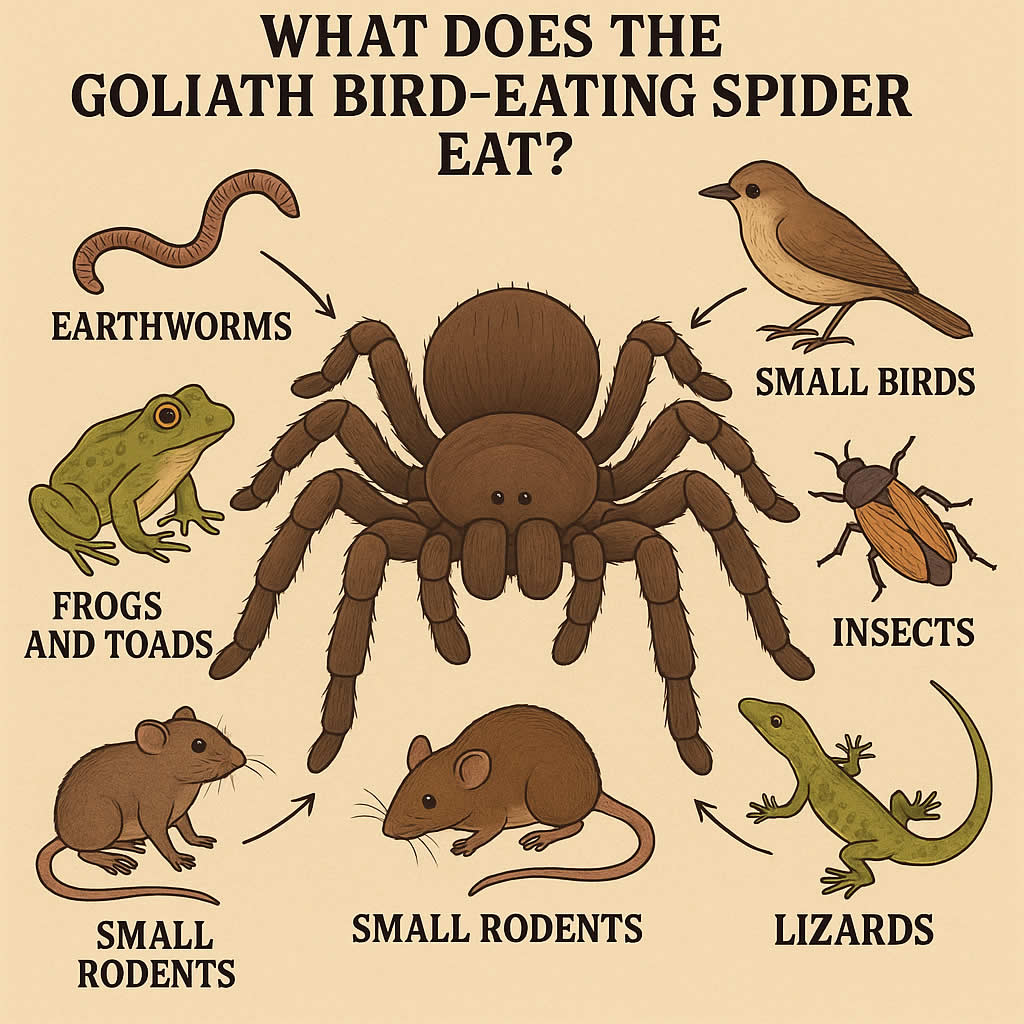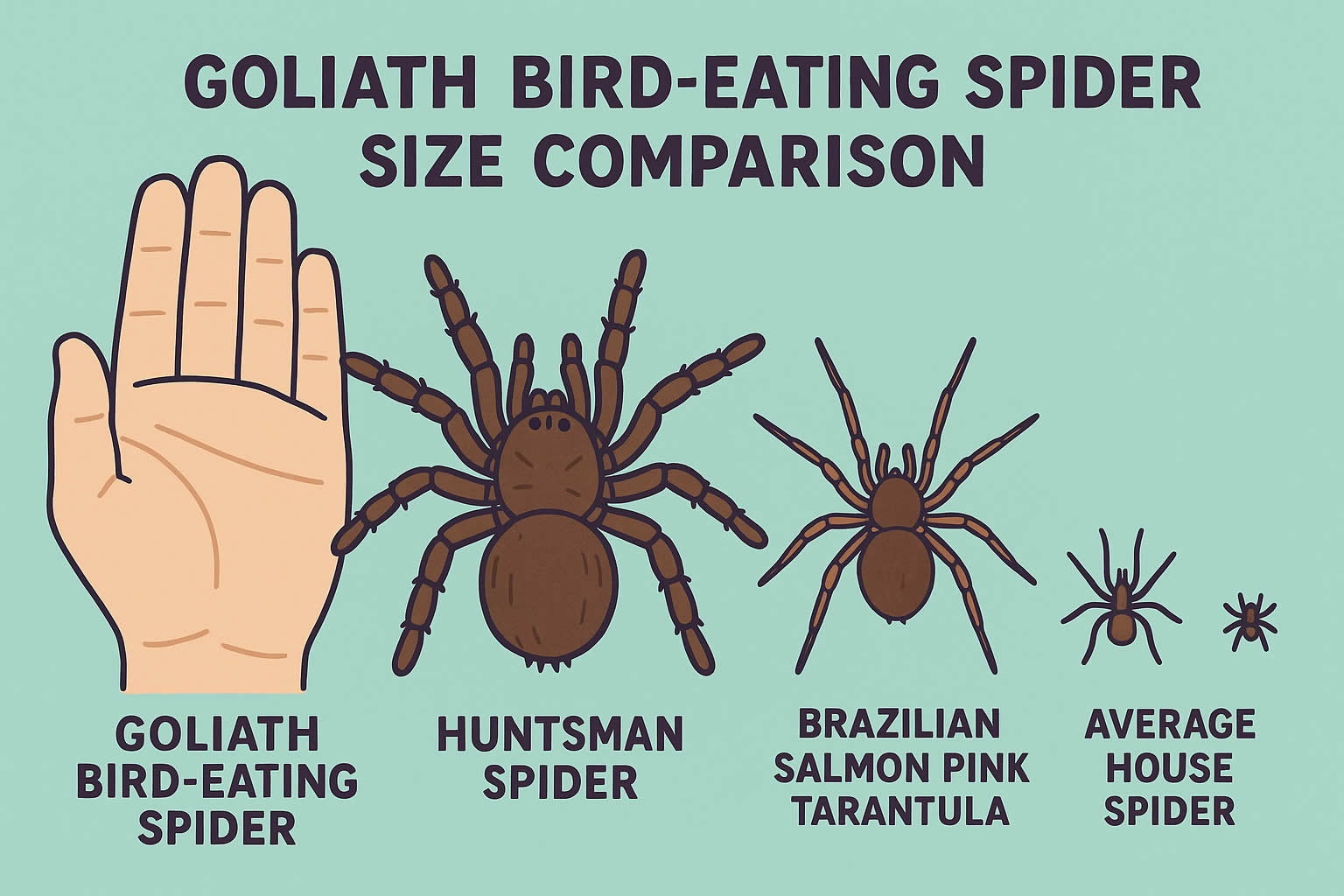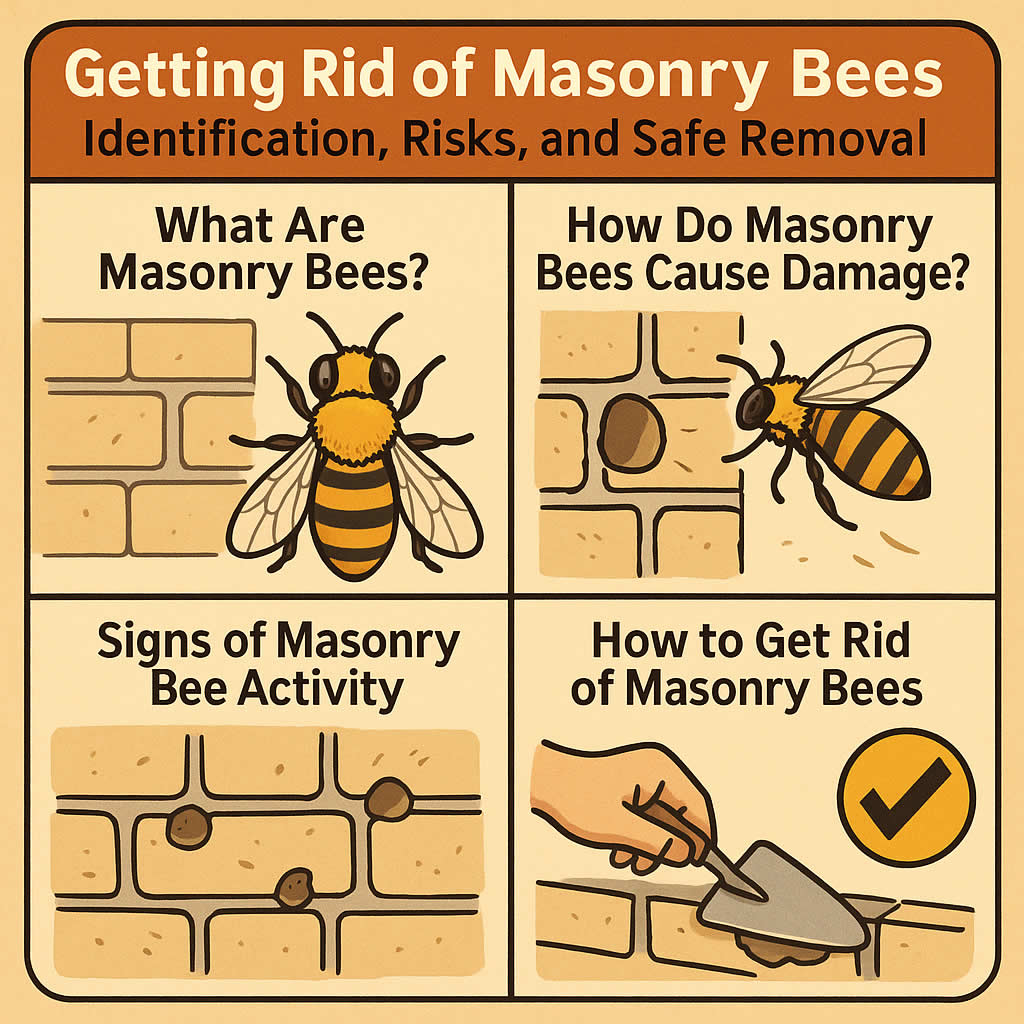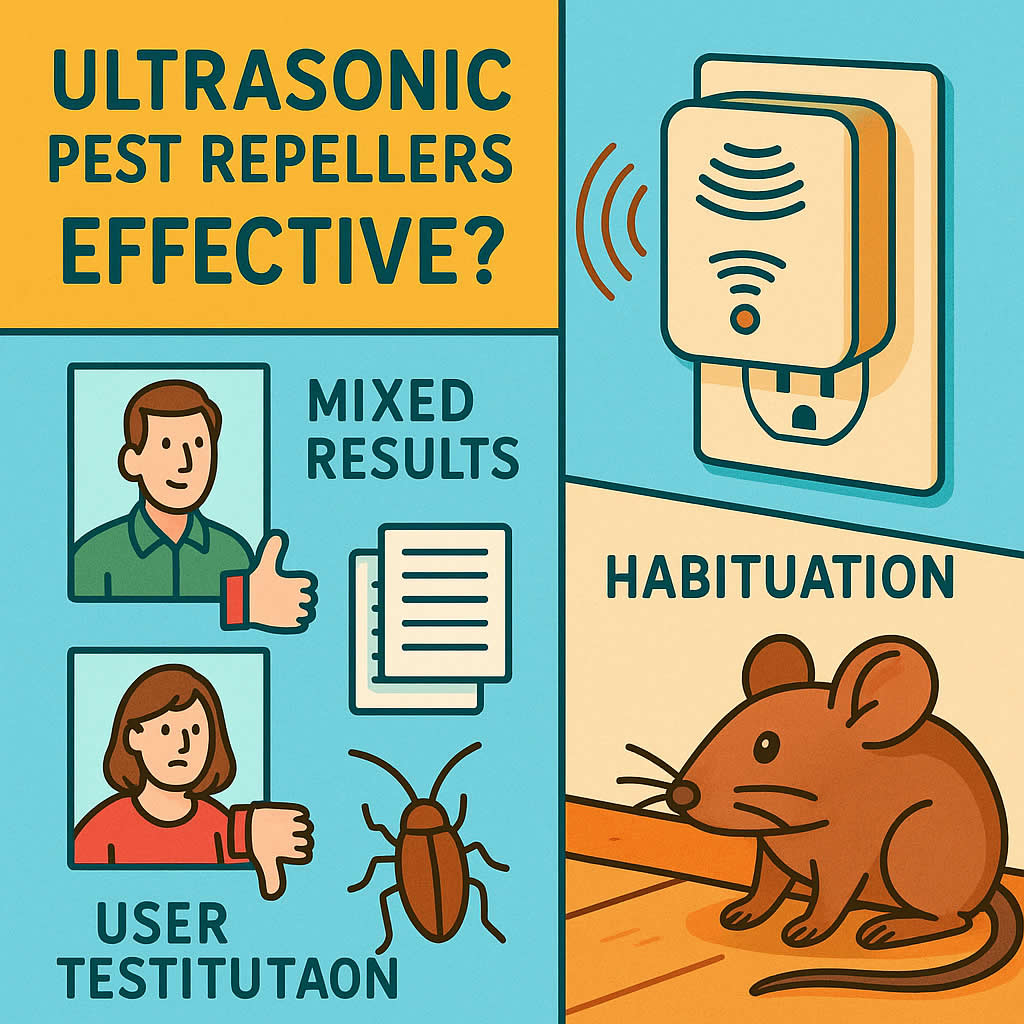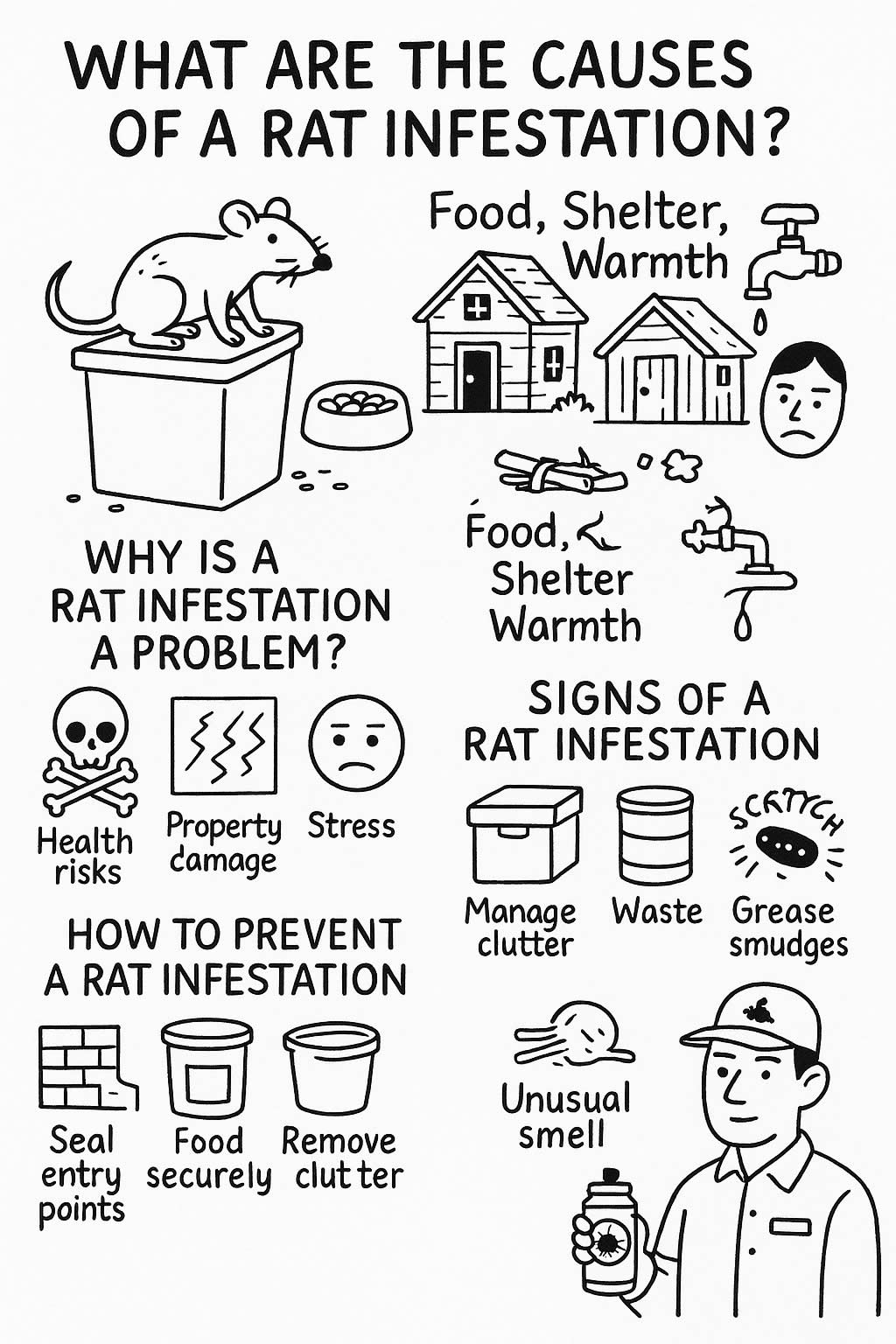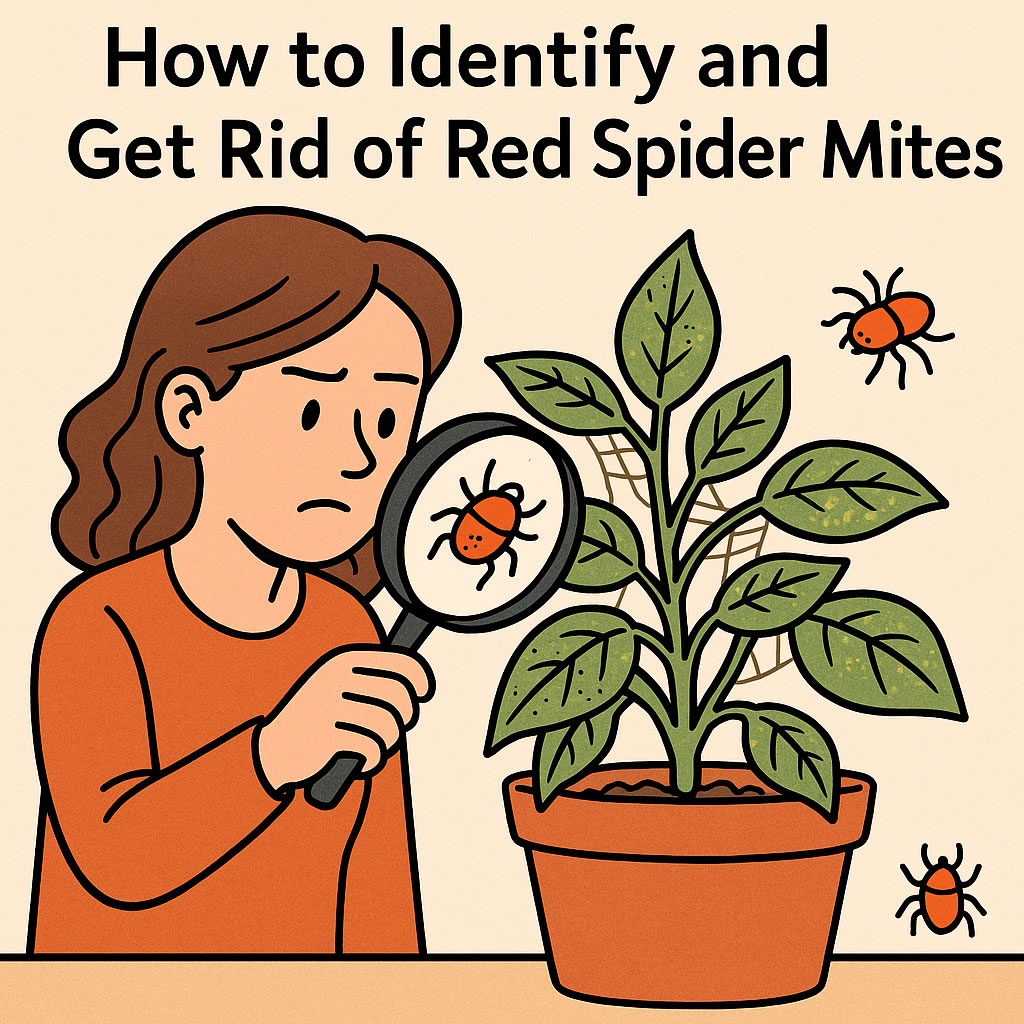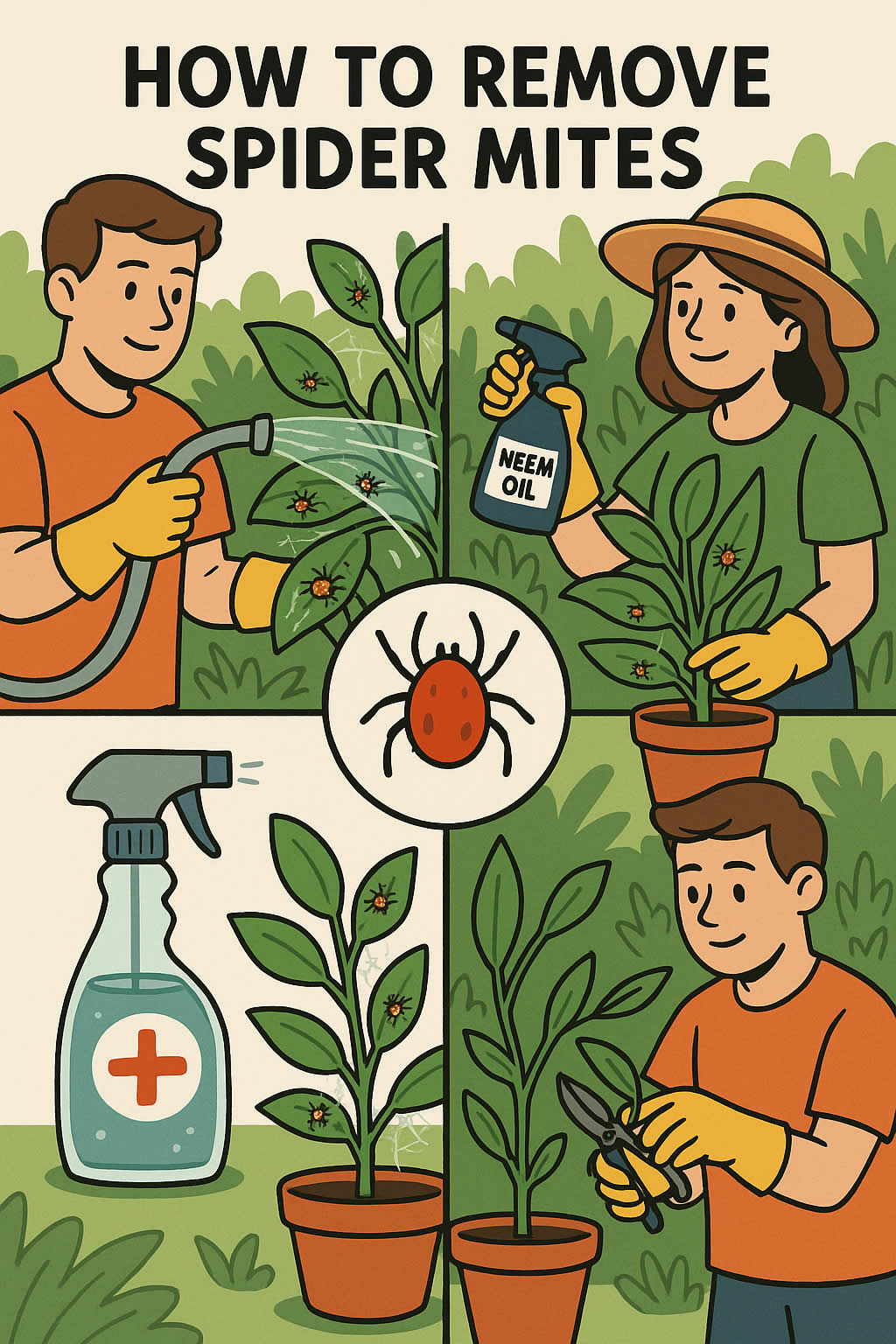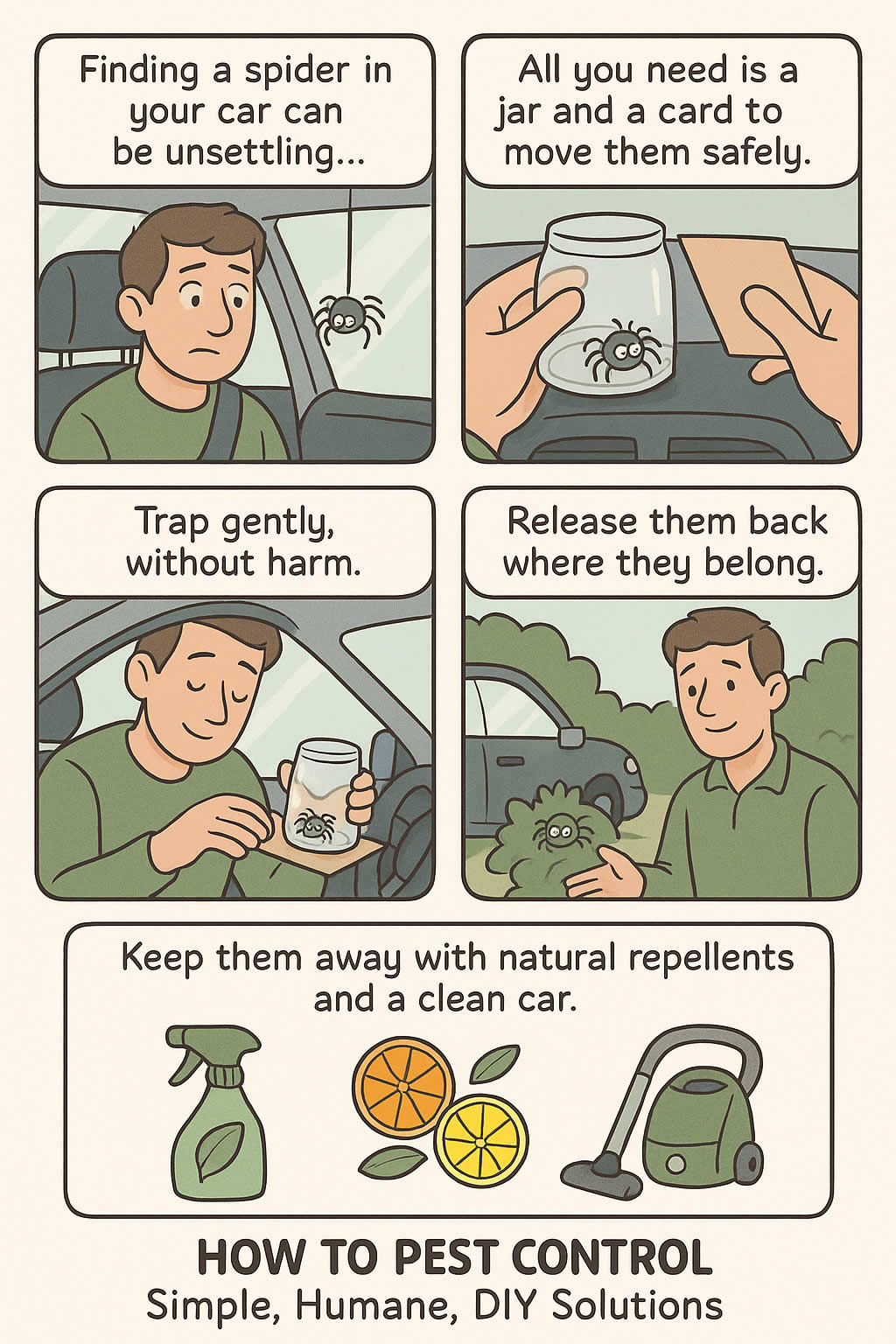Related Queries
ToggleIf you’ve ever dealt with bed bugs, you’ll know how stressful and overwhelming it feels. You might find yourself lying awake at night, wondering what you can do to make them go away or at least drive them out of your space. That’s where the question comes in: what irritates bed bugs? Understanding what bothers these pests is useful because it helps you choose the right prevention steps, spot them faster, and know what actually works when it comes to treatment.
In this guide, we’ll break down the things that disturb or repel bed bugs, how they react to smells, heat, and household products, and why there’s a big difference between simply irritating them and properly getting rid of them.
Why do people want to know what irritates bed bugs?
The thought of tiny insects feeding on your blood while you sleep is enough to make anyone desperate for a solution. When you suspect an infestation, the natural instinct is to look for quick fixes. People want to know what irritates bed bugs because they hope to find something that will push them away or stop them biting.
It’s also about control. Bed bugs are small, sneaky, and stubborn. They hide during the day and come out at night, which makes you feel powerless. If you know what irritates them, you feel like you have a tool, even a small one, to fight back.
But here’s the key point: irritation doesn’t always mean elimination. Certain smells or practices may disturb bed bugs, but they won’t wipe them out. Knowing that difference saves you from disappointment and wasted effort.
What smells or substances repel or disturb bed bugs?
Bed bugs rely heavily on scent to find a host. They’re drawn to the carbon dioxide you exhale and the warmth of your body. But just as some smells attract them, others can repel or irritate them.
Natural scents are often mentioned, and while they won’t kill bed bugs, they can disturb them or drive them out of hiding spots temporarily. Common examples include:
- Lavender – This scent is often used in sprays or sachets. Some studies suggest it can repel bed bugs, though it’s not strong enough to clear an infestation.
- Peppermint – Known for its sharp, fresh smell, peppermint oil can disrupt a bed bug’s sense of smell, making it harder for them to locate you.
- Tea tree oil – This essential oil has antibacterial properties and a strong scent that bed bugs dislike. Again, it may deter but won’t destroy them.
- Vinegar – Strong-smelling and acidic, vinegar can irritate bed bugs on contact. The problem is it evaporates quickly, so the effect doesn’t last.
- Rubbing alcohol – This substance can kill bed bugs on direct contact by drying out their bodies, but it’s not a long-term solution and can be dangerous if used around heat sources.
These smells may help create an unfriendly environment, but bed bugs are resilient. If hungry, they’ll endure unpleasant scents to feed. So, while essential oils and sprays can help in a short-term sense, they’re not a standalone cure.
How do temperature changes affect bed bugs?
One thing bed bugs can’t tolerate well is extreme temperature. Heat and cold both irritate and even kill them when used correctly.
- Heat – Bed bugs begin to struggle when exposed to temperatures above 45°C. Washing bedding and clothes on a high heat cycle and tumble drying them for at least 30 minutes is one of the most effective ways to kill them. Professional heat treatments raise the temperature of an entire room or home, reaching deep into furniture and cracks where sprays can’t.
- Cold – Freezing temperatures can also kill bed bugs, though it takes longer. Items placed in a freezer at -18°C or below for several days can be cleared of bed bugs and their eggs.
These extremes are effective because they go beyond irritation and directly threaten survival. However, bed bugs hiding deep in walls, mattresses, or clutter won’t be fully exposed unless you use professional methods.
Do bed bugs hate light or certain surfaces?
There’s a common belief that bed bugs hate light. While they are nocturnal and prefer darkness, it’s not that they’re “irritated” by light — it’s simply their instinct to avoid open spaces where they’re more vulnerable. If they’re hungry enough, they’ll come out even when the lights are on.
As for surfaces, bed bugs don’t like smooth, slippery areas because it’s harder for them to grip. Some mattress protectors and furniture encasements are designed with this in mind, making it difficult for them to crawl or hide. But again, these surfaces only make life harder for them; they don’t remove the infestation.
What common household practices can disrupt or irritate them?
You can do a few simple things at home that make life uncomfortable for bed bugs and reduce their spread. These include:
- Vacuuming – Regularly vacuuming mattresses, bed frames, skirting boards, and furniture can pick up live bugs and eggs. Always seal and dispose of the vacuum bag afterwards.
- Laundering at high heat – Washing and drying bedding, clothes, and curtains on high heat cycles is one of the most effective DIY ways to kill bed bugs.
- Diatomaceous earth – This natural powder works by damaging the exoskeleton of bed bugs, drying them out. It irritates them and can eventually kill them if they crawl across treated surfaces.
- Mattress protectors – Special encasements trap bed bugs inside and prevent new ones from hiding in your mattress. This disrupts their access to you and eventually starves any trapped inside.
These practices disrupt and irritate bed bugs, slowing their spread and reducing bites. But they require consistency and thoroughness to be effective.
What’s the difference between irritating bed bugs and actually getting rid of them?
This is where many people get caught out. Irritants might keep bed bugs at bay temporarily, but they won’t solve the root problem. For example, spraying lavender oil on your sheets may make the bugs scatter, but they’ll still hide nearby and come out again when the scent fades.
Eliminating bed bugs requires targeting all life stages — eggs, nymphs, and adults — and reaching the places they hide. Eggs, in particular, are resistant to many DIY methods. That’s why infestations keep coming back if they’re not treated properly.
Think of irritants as tools that can give you short-term relief, while real eradication needs a full approach.
Why is professional pest control the most effective solution?
Bed bugs are one of the hardest pests to tackle on your own. They hide in cracks as small as a credit card’s edge, spread quickly, and survive on very little. Professional pest control brings two key advantages: expertise and equipment.
Professionals know where to look and how to identify all the signs, even in areas you’d never think to check. They also use treatments you can’t access in shops, such as high-powered heat treatments, specialised insecticides, and monitoring tools.
The benefits of going professional include:
- Faster results with less trial and error.
- Treatments that reach deep into furniture and walls.
- Reduced risk of reinfestation.
- Peace of mind knowing the job is done properly.
DIY methods can help you manage the problem, but they often only reduce numbers, not eliminate them. Professional support ensures the infestation is fully cleared.
Why prevention and proper treatment matter
Even if you manage to irritate bed bugs and reduce their activity, you’ll still face the stress of knowing they’re there. The only way to truly regain comfort and peace of mind is by removing them altogether. Prevention also plays a big role. Checking second-hand furniture before bringing it home, being cautious when travelling, and maintaining a clean, clutter-free space all reduce your chances of an infestation.
When you know what irritates bed bugs, you’re better prepared. You understand that scents, temperature, and household practices can all play a role in disrupting them. But just as important is recognising the limits of these irritants. They may give you temporary relief, but real treatment is what makes the difference between living with an ongoing problem and finally getting your home back.
Final thoughts
Bed bugs are clever, tough, and persistent, but they’re not invincible. You can irritate them with scents like lavender, peppermint, and vinegar. You can disrupt them with vacuuming, heat treatments, and mattress protectors. You can make their lives uncomfortable, but irritation is only part of the battle.
To truly get rid of them, you need to combine smart prevention with proper treatment, and in most cases, that means calling in professional pest control. Knowing what irritates bed bugs helps you act fast and manage them in the short term, but lasting peace of mind comes from tackling them head-on until they’re gone for good.
Pest Control Marston Moretaine – Pest Control Fancott – Pest Control Silsoe
